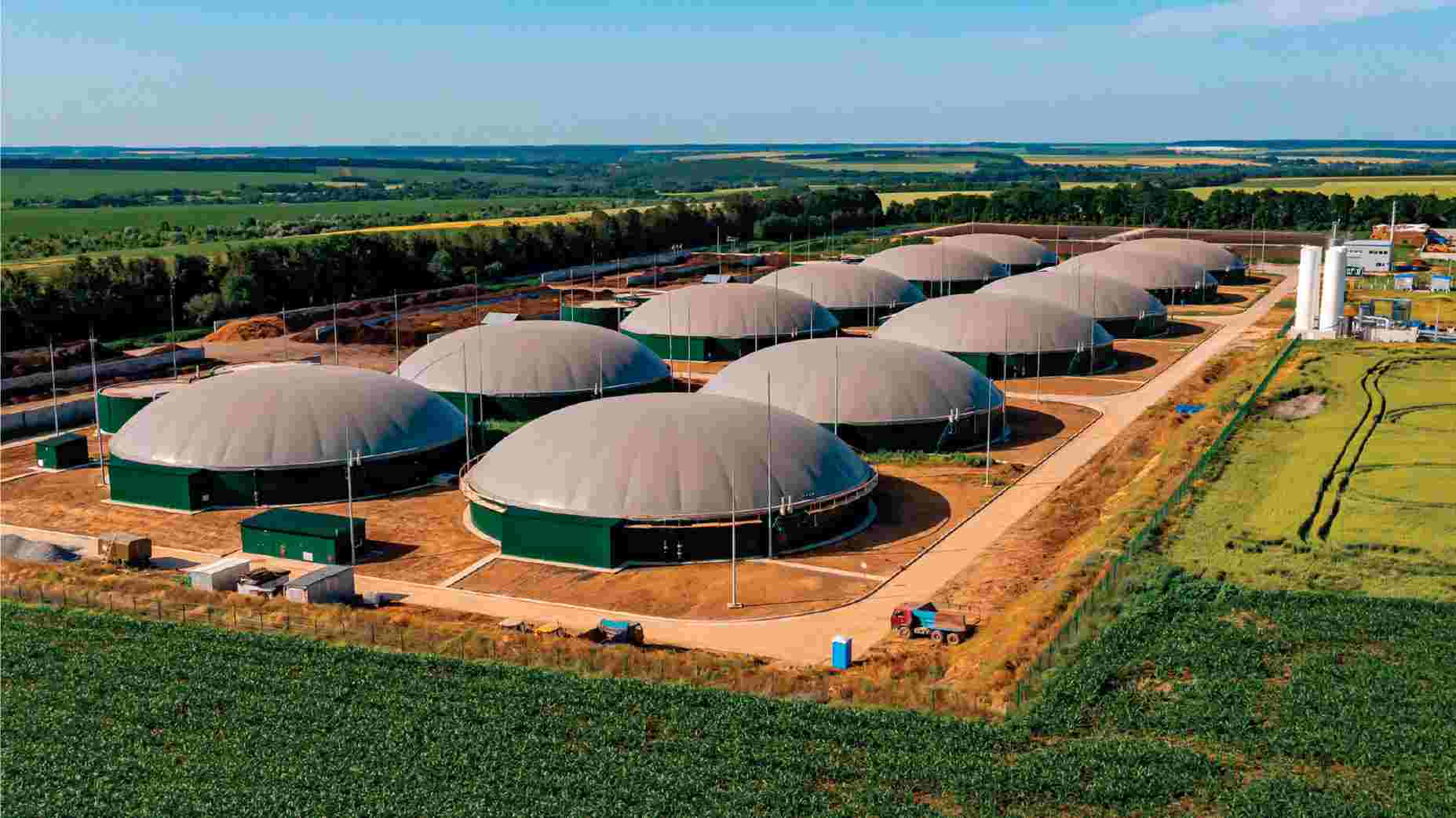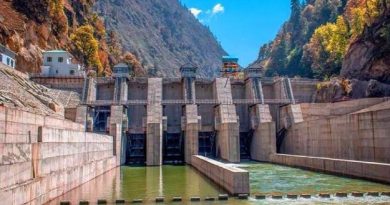Naturgy led alliance to looks to add 30-biogas projects in Spain
Naturgy believes that these many biogas projects will generate an annual capacity of 2.5 terawatt hours (TWh) of biomethane, enough to meet the energy needs of 500,000 households.

Multinational energy conglomerate Naturgy has entered into a strategic alliance with Hispania Silva, a top waste valorization expert with significant experience in the agricultural and livestock sectors, for the development of at least 20 biogas plants or biomethane production plants in Spain.
The potential of the biogas projects could expand to 30 facilities. These plants will be spread across Spain and are expected to be operational by the end of this decade.
Naturgy believes that these many biogas projects will generate an annual capacity of 2.5 terawatt hours (TWh) of biomethane, enough to meet the energy needs of 500,000 households.
Moreover, the biogas projects will significantly contribute to reducing carbon emissions, cutting 450,000 tons of CO2 per year. This is equivalent of planting 49 million pine trees. This underscores the project’s role in supporting Spain’s transition to a more sustainable and decarbonized economy.
The collaboration between Naturgy and the Valencia-based Hispania Silva—backed by SB Green Energy, Casan Solar and Enraiza Corporate—will focus on converting organic waste into biomethane, turning waste into a renewable energy resource. The approach spans the entire renewable natural gas (RNG) value chain, from waste management to biomethane production, ensuring a holistic and efficient process.
Naturgy also has plans to distribute the biomethane produced through its existing natural gas infrastructure, supplying both residential and industrial consumers.
José Luis Gil, Naturgy’s general manager of renewable gases, highlighted the importance of the agreement, calling it a significant step forward in harnessing the potential of renewable gases to support customer decarbonization efforts.
Recently, Naturgy group and CycleØ launched the first virtual gas pipe that will be capable of injecting renewable gas into the network from production points external to the infrastructure the country.




